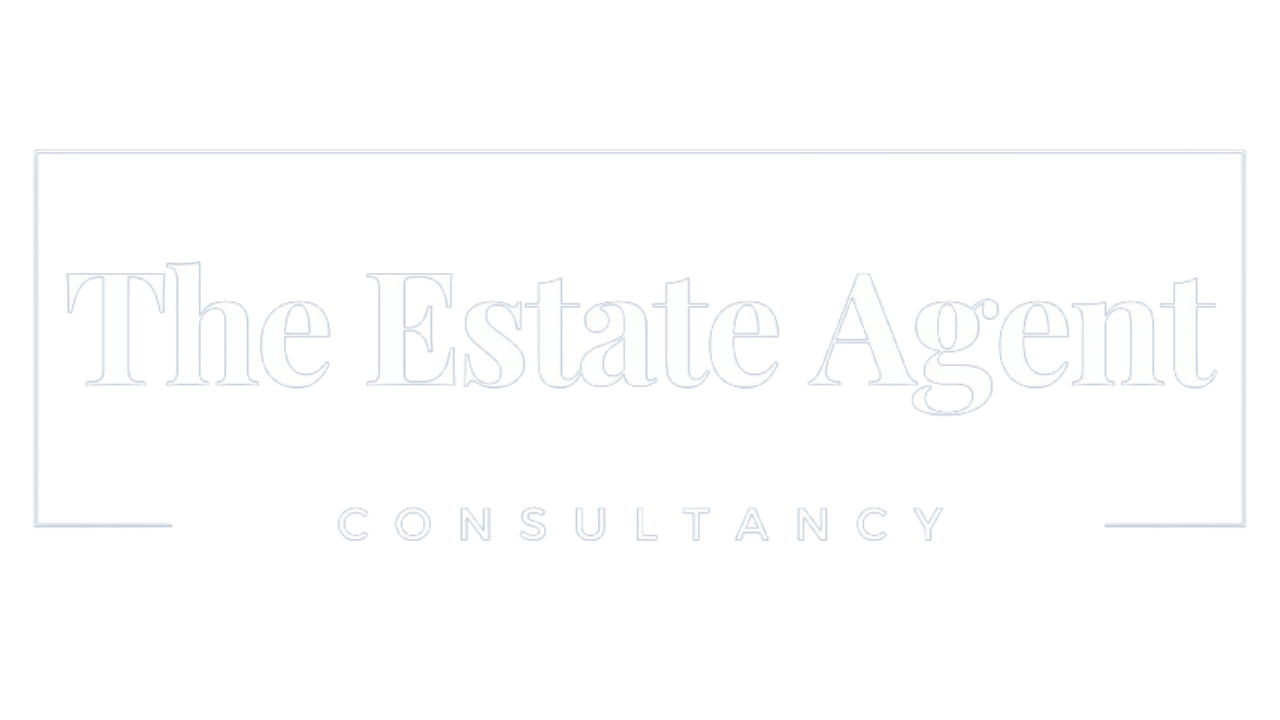How Estate Agents Can Win More Instructions and Qualify Sellers Like a Pro
When an estate agent books a market appraisal, it’s easy to think the job is done once a time and date are confirmed. But in reality, that’s only the beginning. If you’re wondering, “How can I get more property listings as an estate agent in the UK?” then understanding how to extract the right information before you even step through the door is absolutely vital. This initial call sets the tone for everything that follows—your conversion rate, your ability to charge higher fees, and ultimately, your market share.
Every successful estate agency knows that great instructions don’t just fall into your lap. They’re earned through preparation, insight, and strategic conversations that go beyond simply arranging a viewing. The booking call is your first opportunity to position yourself as an expert, build rapport, and gather essential information that will allow you to stand out in a competitive market. If you fumble this stage, you’ll find yourself chasing voicemail and playing catch-up instead of leading the process.
So, what should every estate agent be asking when booking in a market appraisal?
Start with the basics: full names, mobile numbers, email addresses, and the property address. It may seem obvious, but it’s shocking how many agents fail to secure complete contact information at this stage. Later, when the vendor goes quiet, you’ll wish you’d captured every detail. Make it your mission to leave no stone unturned. Having multiple touchpoints ensures you won’t lose a warm lead to silence—or worse, a rival agent who followed up faster.
Once you’ve covered the fundamentals, it’s time to dig deeper. The goal now is to build a mental picture of the property before you even arrive. And there’s one magic question that not only reveals critical information but also helps you assess the personality of the seller:
“So that I can best prepare for our meeting, can you please talk me around your home?”
This open-ended question invites the homeowner to take the lead. It transforms the conversation from an interrogation into a guided tour. Rather than bombarding them with checklist-style questions, you’re allowing them to share their perspective while you take notes and identify key features worth highlighting during the valuation.
It’s also a brilliant psychological tool. The way the homeowner responds gives you clues about how the appraisal—and your eventual pitch—should be handled. If the seller spends 30 minutes detailing every aspect of their kitchen renovations, you’re likely dealing with a Q2 personality type. This means they’ll value detailed explanations, in-depth comparisons, and demonstrations of your process. If the call is brisk and to the point, expect a Q1—someone who wants clarity, speed, and direct answers. Understanding this early allows you to tailor your communication style and avoid mismatches that cost you instructions.
While they’re walking you through the property, listen carefully for gaps. Have they mentioned the garden? What about parking or storage? If these don’t come up naturally, circle back with specific follow-up questions. By the end, you should have a detailed mental sketch of the property—and a strong sense of how to approach the vendor.
Want a quick head start? Use the property’s postcode to do some light detective work before the call. A quick search on Rightmove, Zoopla or even Google Maps can reveal insights about the street, style of property, and recent sales. You can then reference this knowledge casually during the call to build credibility. It’s a small touch that can make a big difference in how professional and prepared you appear.
But don’t stop at the property. The most important question of all is why the vendor is looking to move.
If you get off the phone knowing what the house looks like, but not where they want to go next, you’re missing a critical piece of the puzzle. A vendor’s motivation for moving can be your strongest leverage in winning the instruction. Are they relocating for work? Downsizing? Looking for a school catchment? Understanding their ‘why’ allows you to offer real value—not just in selling their current property, but in helping them find the next one. That turns you from just another estate agent into a trusted partner in their journey.
This is also a prime moment to introduce your network of third-party partners. Very few homeowners will have spoken to mortgage advisors, removal companies, or conveyancers at this early stage. By being the one to connect them to trusted providers, you cement your role as the go-to professional for their entire move. This isn’t just good service—it’s also a smart business strategy. It deepens client loyalty and often creates reciprocal referrals.
One often overlooked strategy is the order in which you structure your call. Never—never—start with booking the time and date. Why? Because the moment the homeowner has that locked in, they’ve got what they came for. They’ll mentally disengage, and you’ll find it much harder to get the rest of the information you need. Keep the appointment confirmation until the very end. That way, they stay fully engaged as you gather the data that will make your market appraisal pitch truly effective.
And here’s a mistake that costs agents countless instructions every year: failing to ensure all decision-makers are present at the valuation.
You can deliver a flawless presentation to Mr Smith, but if Mrs Smith holds the real influence and isn’t in the room, you’re done. At best, your pitch will be relayed in a sentence or two—probably just your valuation price and fee. All your unique selling points, your marketing approach, your track record—they’re gone. You’re now just a name in a list, hoping for a callback. Always ask who will be at the appointment and emphasise that it’s essential all decision-makers are present. It could make or break the instruction.
If you’re thinking, “I wish I had a script or checklist to follow when booking a market appraisal,”—you’re not alone. That’s why at The Estate Agent Consultancy, we’ve created a market appraisal booking form designed to help estate agents follow a structured, efficient process without sounding robotic. You can download it by scanning the QR code provided in our full resource guide or by visiting our free tools section here. But here’s the golden rule: learn the form, don’t read it. Familiarise yourself with the flow so your conversations sound natural and confident. Vendors can spot a scripted call from a mile away—and it erodes trust instantly.
Booking a market appraisal is more than a diary entry. It’s the foundation of a successful instruction, and when done right, it sets you apart as a true professional. Estate agents who consistently win more listings, charge higher fees, and increase their market share aren’t lucky—they’re deliberate. They prepare, they ask the right questions, and they position themselves as experts from the very first interaction.
To recap: secure all contact details, uncover the vendor’s motivation, assess their personality type, do your prep, delay confirming the appointment time, and ensure all decision-makers will be present. These small tweaks to your process will transform your results.
If you’re serious about becoming the go-to estate agent in your patch, explore more expert advice from Chris Webb at The Estate Agent Consultancy.
💡 Want to grow your estate agency?
At The Estate Agent Consultancy, we help self-employed agents win more instructions, charge higher fees, and grow faster.
📘 Get your FREE copy of Your First £100,000 Estate Agency book
🔗 You might also enjoy these blogs:
• How to Get Listings from Withdrawn Properties
• How to Find Listings by Leveraging Buyers in Your Local Area


